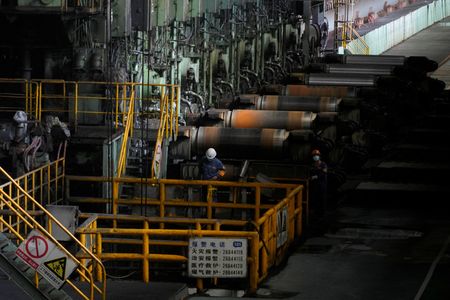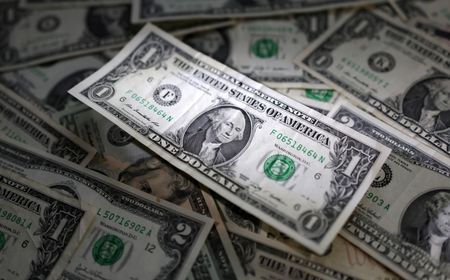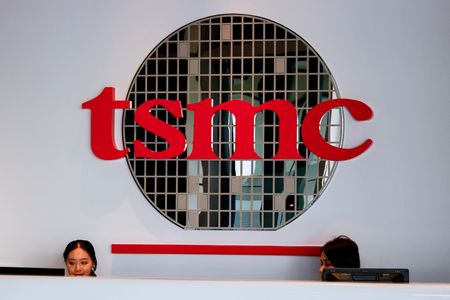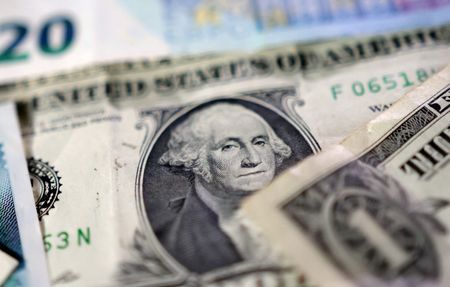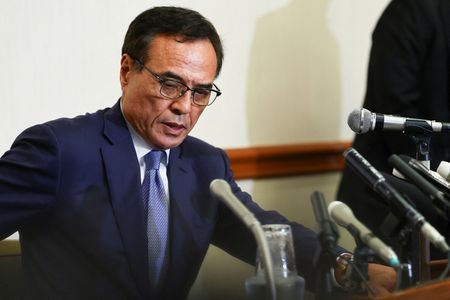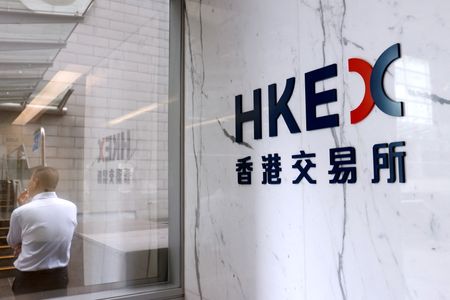By Kate Abnett
BRUSSELS (Reuters) -The European Commission will propose measures this year to prevent countries from dodging its carbon border tariff, a Commission spokesperson said, as some in Brussels fear Chinese firms could reshuffle their trade to avoid the levy.
Starting in January, the Carbon Border Adjustment Mechanism – the world’s first carbon border tariff – will impose fees on the CO2 emissions of imported goods including steel, aluminium, cement and fertilisers.
The system aims to put foreign producers on a level footing with European manufacturers, who already pay for their emissions under Europe’s carbon market.
Officials in Brussels are concerned the system could be circumvented if foreign companies simply adjust by sending low-carbon products to Europe, while continuing to produce high-carbon goods for other markets. This would allow them to dodge the EU carbon levy without making their overall production any greener.
The Commission intends to propose measures by the end of the year to tackle this risk and extend the carbon border levy to other downstream products, a European Commission spokesperson said.
“How do we make sure that this whole system is not going to be gamed, by the Chinese in particular?” a senior EU official said.
China’s foreign ministry did not immediately respond to a request for comment.
The Commission is considering measures including a system under which goods are given a fixed CO2 emissions value per country or per company rather than calculating specific emissions per shipment, the official told Reuters.
“You want to make sure that you don’t let someone off the hook for basically sending green stuff to us, using the grey stuff at home, and not changing anything,” they added.
Industries are pushing for the anti-circumvention plans.
Industry group European Aluminium last month called for the EU to simplify the CO2 levy by giving all aluminium imports from a country the same CO2 emissions rating regardless of the emissions produced during their manufacture.
That would make the EU levy simpler to enforce but could face resistance from foreign companies, who would lose the ability to directly reduce their carbon border tariff bill if they reduce their own emissions.
(Reporting by Kate Abnett in Brussels; Additional reporting by Liz Lee in Beijing; Editing by Joe Bavier)

